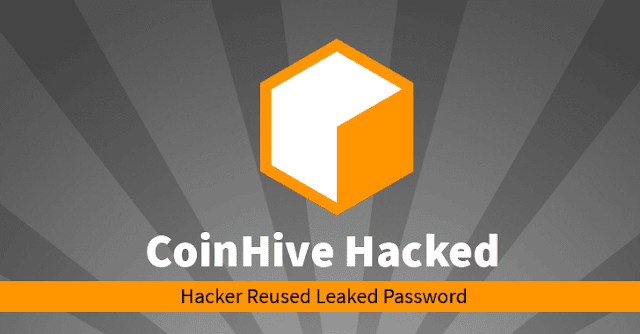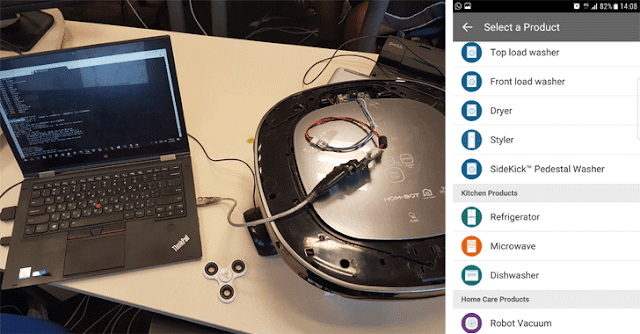https://thehackernews.com/2017/10/kaspersky-antivirus-source-code.html?m=1

Kaspersky Lab — We have nothing to hide! Russia-based Antivirus firm hits back with what it calls a " comprehensive transparency initiative ," to allow independent third-party review of its source code and internal processes to win back the trust of customers and infosec community. Kaspersky launches this initiative days after it was accused of helping, knowingly or unknowingly, Russian government hackers to steal classified material from a computer belonging to an NSA contractor. Earlier this month another story published by the New York Times claimed that Israeli government hackers hacked into Kaspersky ’s network in 2015 and caught Russian hackers red-handed hacking US government with the help of Kaspersky.





